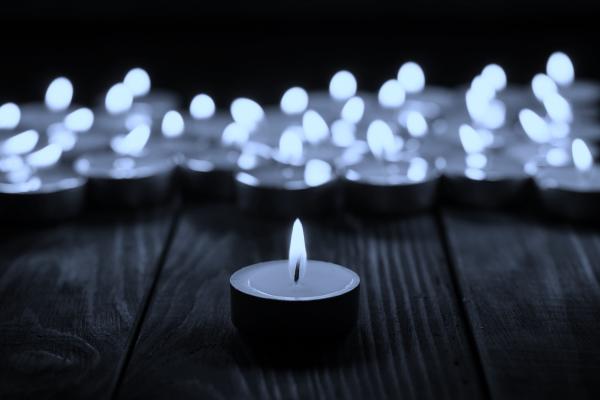ADVENT IS QUICKLY APPROACHING as Pentecost draws to a close. The sweeping, turbulent flow of the Spirit’s work in the church slows down. These weeks are marked by attention to widows, pain, and relationships, and to the up-close, daily grind of life. We zoom in. No sweeping theological treatises here, except those that alert us that Jesus’ second coming embodies all that the world needs to be made right and whole. Pastoral care is the emphasis now. Brush off the dust from your toolbox of “reflective listening,” “productive questions,” and “fogging.” This means no sharp dichotomies between what we do in worship and what we do throughout the week. Pastoral. Prophetic. Administrative. These will need to be one hat, as they always should be.
Scripture reminds us these weeks that our preaching ought always to be about care, about counsel, about presence. Why? Because, after all, we preach to people, not aliens. The goal of preaching is incarnation—the kind that enters the world through a teenage, unwed, poor woman’s womb, into a pig trough with animals and outdoor smells. The church’s message will need to be no less earthy, involved, reaching the ground of people’s actual lives. We’ll need to speak to all of the contradiction, heartache, and tears along with the opportunities, transitions, and celebrations in folks’ lives. I pray that our messages take on flesh. O come, O come, Emmanuel!
Read the Full Article

